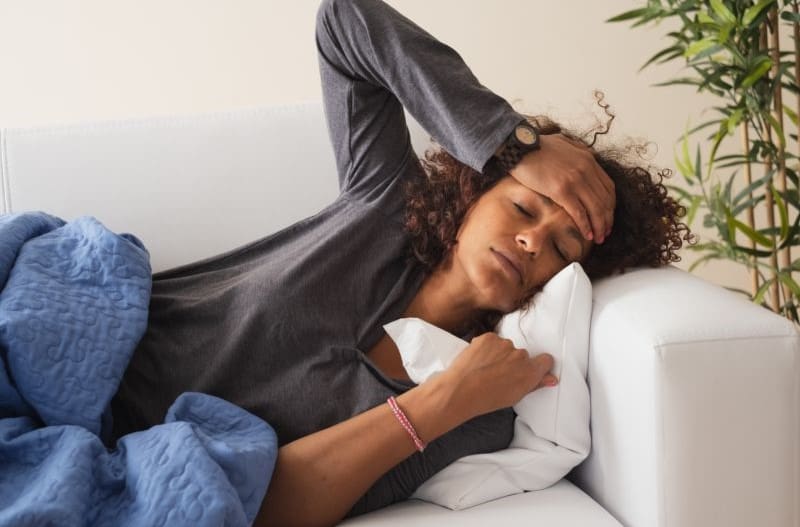Winter Wellness: Learning to live with Covid-19
As we learn to live safely with respiratory infections like COVID-19, there are many things we can all do to help reduce the risk of infections this winter.
At Cross Counties Training, we want to help you and your family stay healthy this winter by providing you with winter well-being information on identifying and preventing the spread of COVID-19, flu and colds. Let’s get started:
Do I have COVID-19, the flu, or a cold?
Whilst you may feel you have heard it all before, this is a gentle reminder of the symptoms of COVID-19 in adults, which can include:
- A high temperature or shivering (chills)
- A new, continuous cough
- A loss or change to your sense of smell or taste
- Shortness of breath
- Feeling tired or exhausted
- An aching body
- A headache
- A sore throat
- A blocked or runny nose
- Loss of appetite
- Diarrhoea
- Feeling sick or being sick
The symptoms are very similar to symptoms of other illnesses, such as colds and flu.
If you have symptoms, a high temperature or do not feel well, you should try and stay at home and avoid contact with other people.
Cold symptoms vs COVID-19
In the UK the Omicron variant is still the most dominant strain and these symptoms are very similar to a cold. Symptoms like a headache, a sore throat, a runny nose, muscle aches, coughing or sneezing can be symptoms of the Omicron variant or a cold.
Flu symptoms vs COVID 19
It is a bit more challenging to tell the difference between the flu and COVID-19 as they have so many symptoms in common. However, it is unusual for the flu to cause a loss of smell or a change to your taste which can happen with COVID-19.
Simple things to reduce the spread:
You can do simple things in your daily life that will help reduce the spread of COVID-19 and other respiratory infections and protect those at the highest risk.
Things you can choose to do are:
- Get vaccinated against COVID-19
- Let fresh air in if meeting others indoors
- Practise good hygiene:
- Regularly wash your hands with soap and water or use hand sanitiser
- Cover your coughs and sneezes
- Clean your surroundings frequently
- Wear a face covering when it’s hard to stay away from other people – particularly indoors or in crowded places
- Do not touch your eyes, nose or mouth if your hands are not clean
What can I do if I am still worried?
In most cases, COVID-19 can be treated at home, and you can take paracetamol for headaches, muscle pain and remember to stay hydrated. It is good to get a lot of rest and look after your well-being.
If you are still concerned contact your doctor or use the NHS 111 coronavirus service online https://111.nhs.uk/covid-19/. If you’re very worried about sudden shortness of breath, call 999.
Don’t forget your winter wellness:
- Take your vitamin D – During winter it is good to take a daily dose of vitamin D to build a healthy immune system. Vitamin D can also be found in fish, cheese and egg yolks.
- Eat plenty of fruit and veges – Christmas can be a time to splurge on food and alcoholic drinks. Remember to do everything in moderation as your immune system needs a healthy and varied diet to cope.
- Stay hydrated – Even in winter, it is important to stay hydrated. Water is the healthiest way to stay hydrated and it contains no calories or sugar.
- Take time for yourself – The Christmas period can be stressful and very busy, don’t forget to find time to relax and slow down with a good book.
- Step outside – Even a 15-minute walk can help grow energy levels and improve your mood.
- Get connected – Keep your spirits high by taking time to connect with friends and family, even if it is just a phone call.
We hope this guide has helped put your mind at rest about identifying the different respiratory infections and that you can consciously look for ways to reduce your risk this winter. Remember there are many reasons to love winter, so don’t forget to take time to enjoy the beauty of this special season while you are staying healthy.
If you would like to talk to us about our first aid training provisions for businesses and organisations across the UK, call us on 01276 586943 or email us at admin@crosscountiestraining.co.uk
